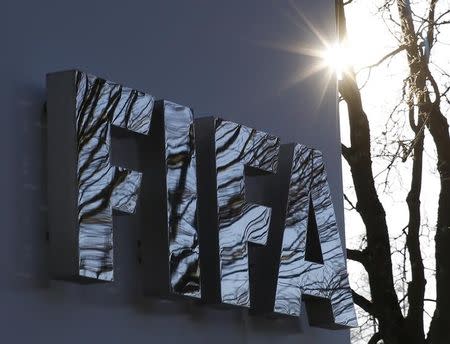Factbox - How the FIFA election works

ZURICH (Reuters) - Factbox explaining how the voting system will work at the FIFA presidential election on Friday. Candidates Bahraini Sheikh Salman bin Ebrahim Al Khalifa, Swiss Gianni Infantino, Jordanian Prince Ali Bin Al Hussein, Frenchman Jerome Champagne, South African Tokyo Sexwale. Who votes? The 209 member associations of FIFA usually each hold one vote. This means tiny associations such as Brunei, Sao Tome and Principe and Andorra hold the same voting rights as the likes of Germany, Italy and Brazil. Kuwait and Indonesia are not able to vote because they are currently suspended from FIFA, meaning there will be 207 voting on Friday. The process The ballot is held in secret. Before the ballot, each candidate can address the Congress for 15 minutes. To be elected in the first round, a candidate must obtain two-thirds of the votes cast. If this does not happen, a second round is held round is held. This time, a simple majority (ie more than 50 percent of the votes) is sufficient for a candidate to be elected. If no candidate gets a majority, the candidate with the least votes is eliminated and a new round is held. This continues until one candidate obtains a majority. Timings are difficult to predict because the election is item 11 on the agenda, after the congress has decided whether to approve new draft statutes. A FIFA source said the election was expected to start at 1300 GMT. At previous elections, each round have taken around one-and-a-half hours to complete, including vote counting. Rules for standing According to FIFA guidelines, a candidate has to have played an active role in association football for two of the five years preceding his proposed candidature. The candidate has to present declarations of support from at least five of FIFA's member associations, although these associations do not have to vote for the candidate they backed. David Nakhid was ruled out of the race because one the associations which backed him also provided a declaration of support to another candidate. The candidates were subject to "integrity checks" by FIFA's ethics committee which were failed by one candidate, Musa Bility of Liberia. (Compiled by Brian Homewood; Editing by Alison Williams)

